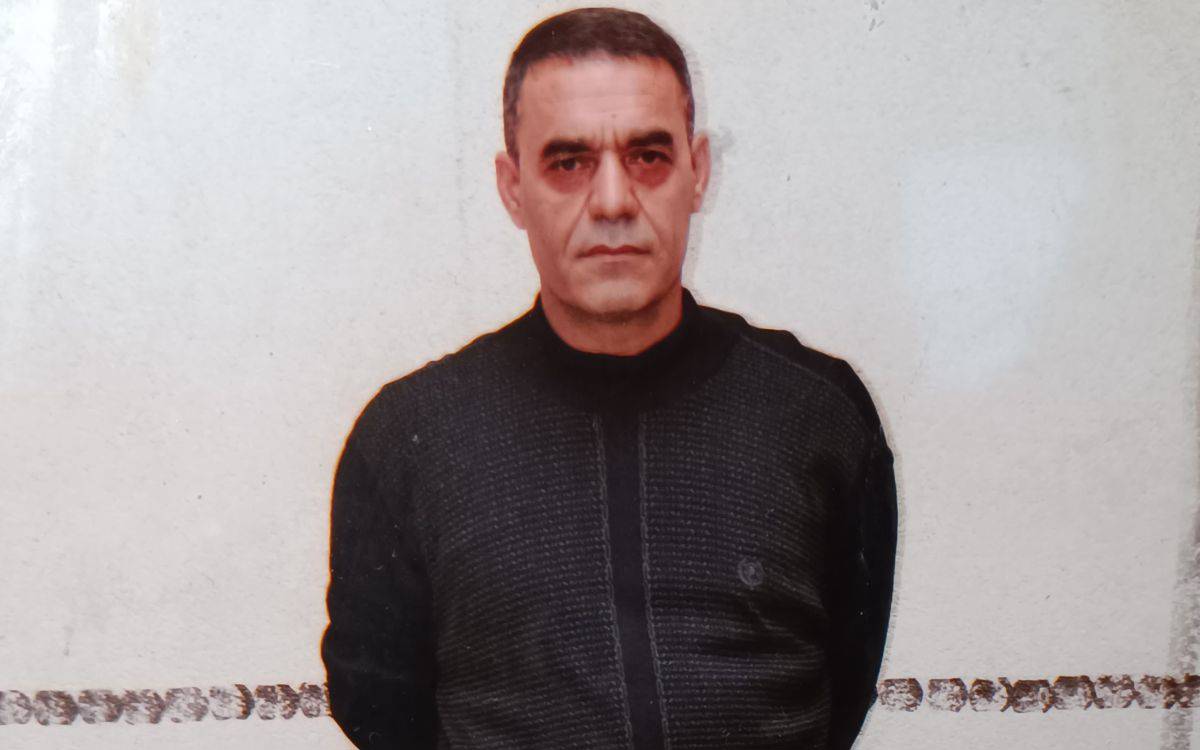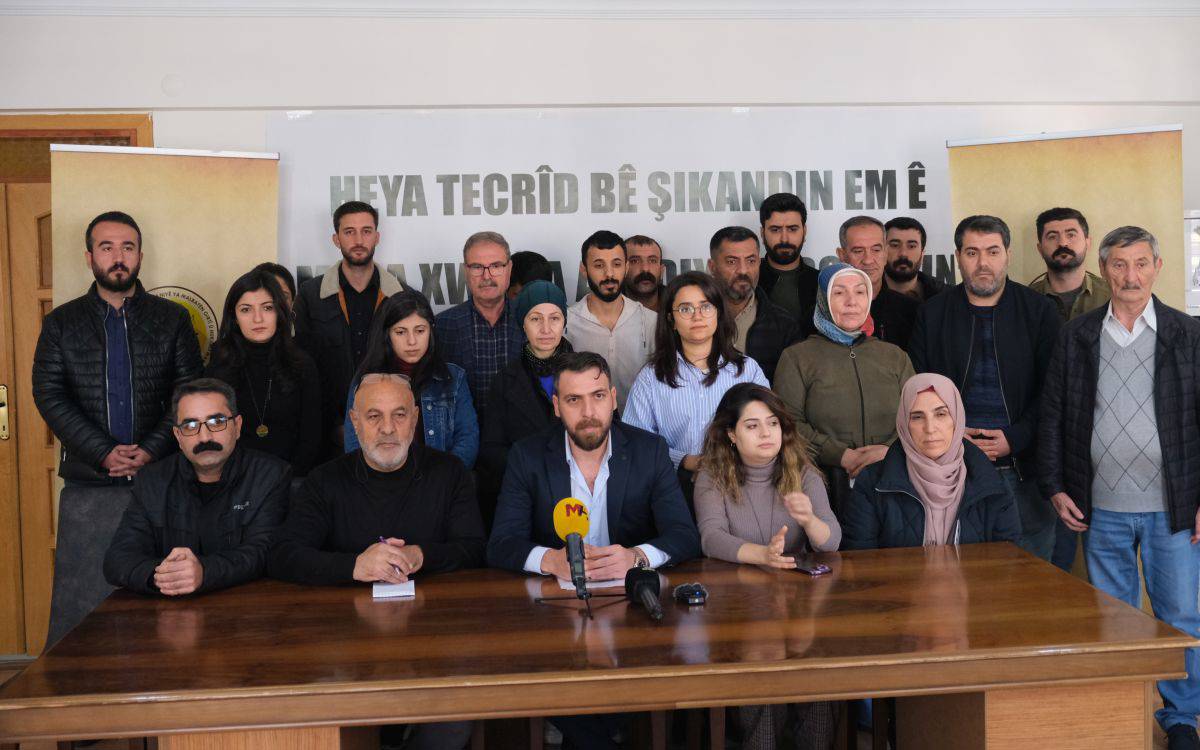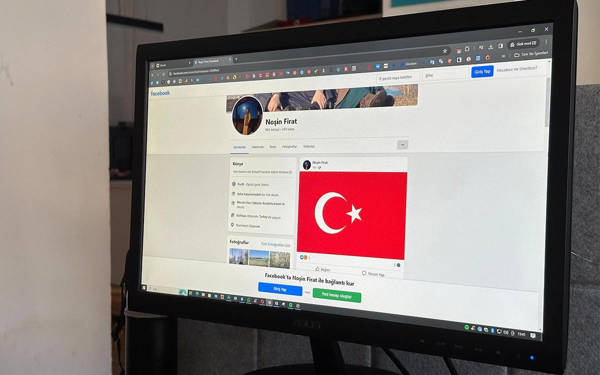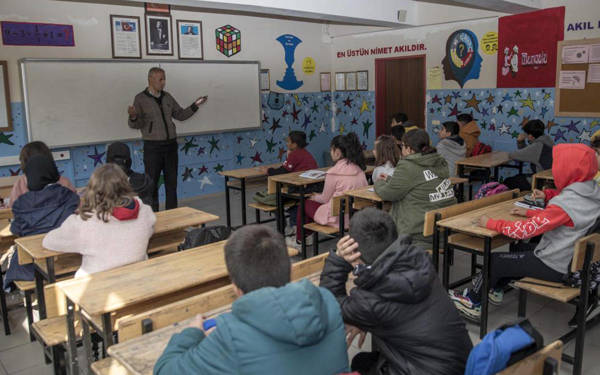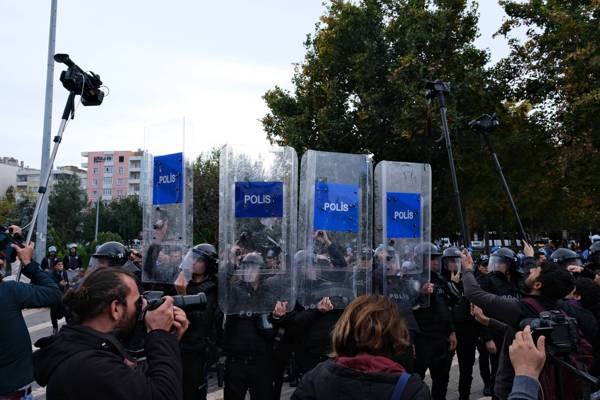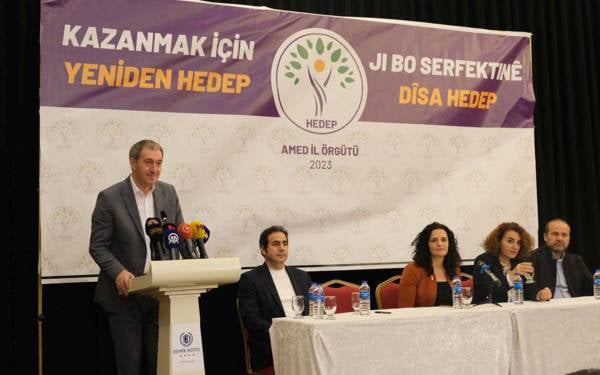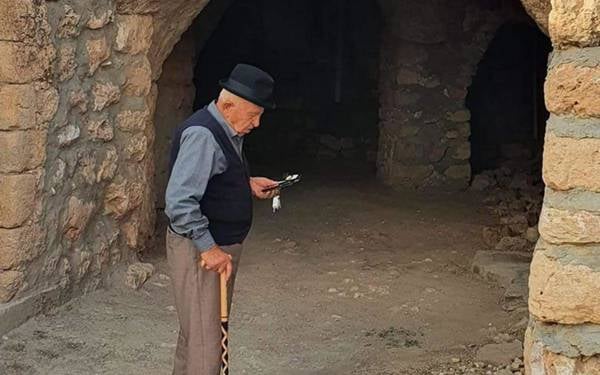Political prisoner Resul Baltacı has now been imprisoned for 31 years and 1 month.
The release of Baltacı, held in Düzce Çilimli T Type Prison, which should have taken place last year, has been hindered for the past 13 months through arbitrary disciplinary penalties.
Lawyer Lezgin Özalp stated that immediately after the higher court lifted the disciplinary penalties used as a reason to block his client's release, the prison administration intentionally obstructed his release with new disciplinary penalties.
Providing information to bianet, Lawyer Özalp stated that his client's release was prevented, citing Article 17 of the Anti-Terror Law, due to cell penalties within the scope of disciplinary penalties that were not executed. According to this article, "those convicted of escape or rebellion while being detained or sentenced, and those who have received cell imprisonment three times as a disciplinary penalty, cannot benefit from conditional release even if these disciplinary penalties are lifted."
Özalp argued that this provision was not present in the relevant law at the time of his client's offense, noting that this phrase was added in 2006. Therefore, he asserted that the decision should be made based on the law that is favorable.
According to Article 7/2 of the Turkish Penal Code, if the provisions of the law in effect at the time the offense was committed differ from the provisions of the law currently in force, the law that is favorable to the offender is applied.
On the other hand, the mentioned Article 17 of the Anti-Terror Law (TMK), which is cited as a reason for obstructing conditional release rights, is considered a violation of the "right to hope" in decisions of the European Court of Human Rights (ECHR).
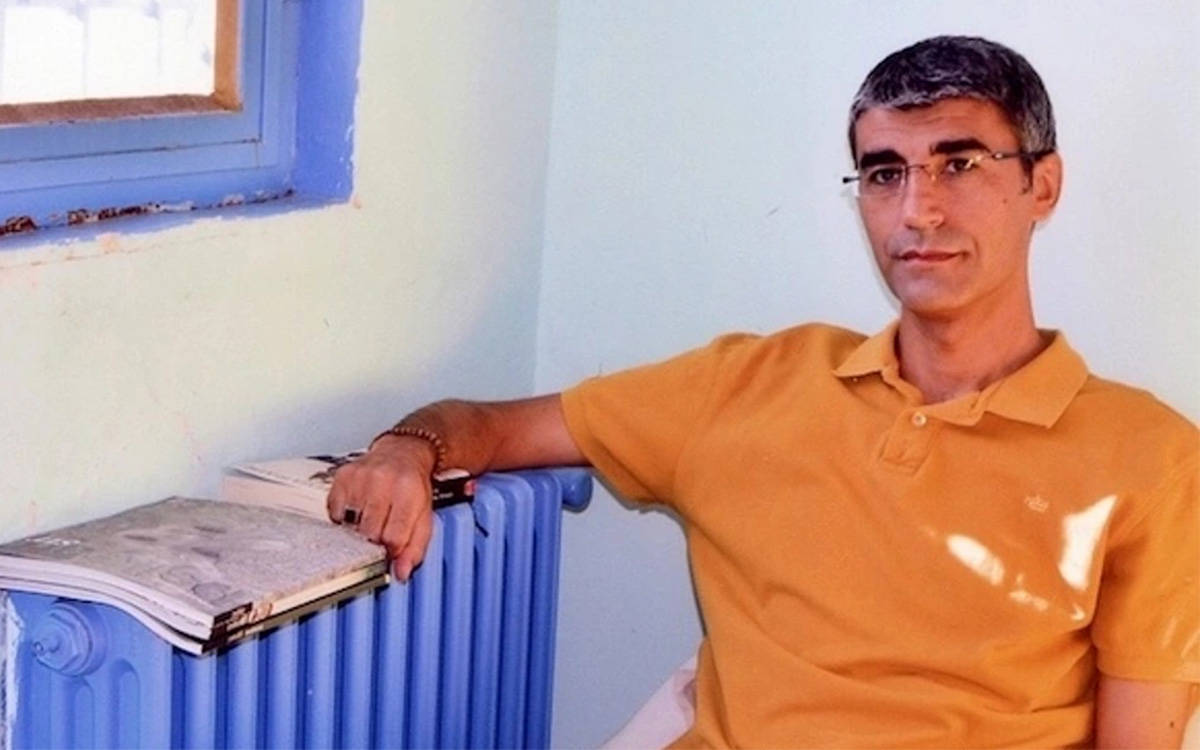
Samast's release, Çomak's imprisonment: 'Justice is a widespread rumor only'
Simple cooperation considered as "organizational connection"
Baltacı's son, Azad Baltacı, providing information to bianet about his father, describes how prison administrations obstruct the conditional release rights of inmates with arbitrary penalties. He said, "One reason for not considering my father as well-behaved is cited as him writing a letter to the family of his roommate on his behalf when there was no money in his account. So, a simple act of cooperation is considered an 'organizational connection.'"
Baltacı also mentioned that his father has several health problems. He added that his father is held in a prison miles away from his family, and their transfer requests have been rejected, citing "no available space."
About Resul Baltacı
Resul Baltacı was arrested in Batman on October 6, 1992 in connection with a PKK case. Turkey was convicted by the European Court of Human Rights (ECtHR) in a case he filed due to the torture he experienced during the detention process.
After being held in custody standing trial for about 8 years, Baltacı was sentenced to life imprisonment in the year 2000.
He was held successively in Batman, Diyarbakır, Gaziantep, Diyarbakır, Siirt, Muş, İzmir Şakran, and Urfa Siverek prisons.
Baltacı is currently in Düzce Çilimli T Type Closed Prison.(BA/AS/PE)






